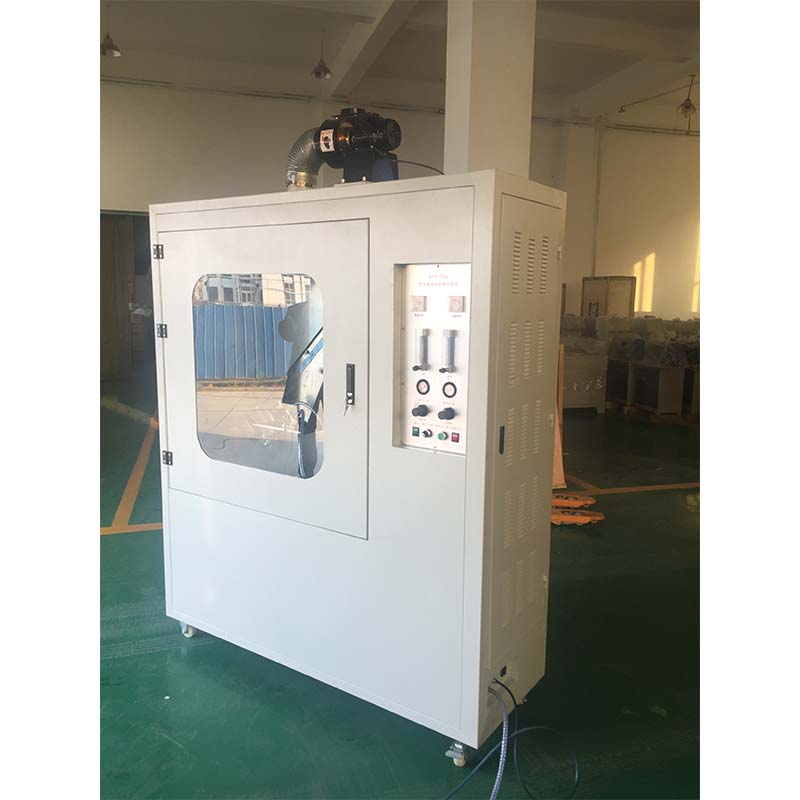Tensile Testing Equipment Suppliers for Accurate Material Strength Measurement and Analysis
Understanding Tensile Test Machine Manufacturers
In the realm of materials testing and quality assurance, tensile test machines play a pivotal role. These sophisticated devices are essential for determining the mechanical properties of materials, including their tensile strength, elongation, yield strength, and ductility. Various manufacturers around the world specialize in creating these machines, each offering unique features and specifications to cater to different industrial needs.
What is a Tensile Test Machine?
A tensile test machine, also known as a universal testing machine (UTM), is used to perform tensile tests on materials. The primary function of the machine is to apply a controlled pull on a test specimen until it fractures. This process allows for assessing how materials behave under tension, which is critical for applications in industries such as construction, automotive, aerospace, and manufacturing.
Key Features of Tensile Test Machines
1. Load Capacity Different manufacturers offer machines with varying load capacities. Depending on the materials being tested, a manufacturer must select a machine that can accommodate the specific load requirements. Common load capacities range from a few hundred to several hundred thousand pounds.
2. Control System Modern tensile test machines come equipped with advanced control systems that allow for precise manipulation of the testing process. These systems enable operators to set specific strain rates and load levels, ensuring consistent and accurate results.
3. Data Acquisition The capability to collect and analyze data during the testing process is crucial. Most manufacturers provide software solutions that integrate with their machines for real-time data monitoring. This software typically includes features for graphical presentation of results, data storage, and custom reporting functionalities.
4. Testing Capabilities While tensile tests are the core function, some machines offer additional capabilities, such as compression, bending, and shear tests, making them versatile tools for various testing applications.
5. Specimen Gripping Mechanisms The design of the gripping mechanism is vital for holding the specimen securely during testing. Manufacturers may offer different types of grips, such as wedge grips, pneumatic grips, or manual grips, depending on the application and material types being tested.
tensile test machine manufacturers

Leading Manufacturers in the Industry
Several companies have established themselves as leaders in the design and manufacture of tensile test machines. Here are a few notable manufacturers
- Instron Renowned for its high-quality testing equipment, Instron offers a range of universal testing machines capable of performing tensile, compression, and flexural tests. Their machines are widely used in research, education, and industry.
- MTS Systems Corporation MTS provides innovative testing solutions across various materials and applications. Their tensile test machines come with sophisticated technology for precise measurement and analysis.
- Shimadzu Corporation With a long history in manufacturing testing machines, Shimadzu offers tensile test systems known for their reliability and ease of use. They serve a diverse range of industries with customized solutions.
- ZwickRoell A global leader in material testing technology, ZwickRoell provides a wide selection of tensile test machines designed for both standard and specialized testing applications. Their machines are known for their accuracy and robustness.
- Tinius Olsen Tinius Olsen specializes in mechanical testing equipment, including tensile test machines. They are known for their commitment to quality and comprehensive customer support.
Conclusion
Tensile test machines are indispensable tools in material science, providing critical data that ensures materials meet industry standards. With a variety of manufacturers available, it is crucial for businesses to carefully consider their specific needs—be it load capacity, testing capabilities, or data analysis features—when selecting a machine. As advancements in technology continue to evolve, the capabilities of these machines will undoubtedly improve, allowing for even more precise and extensive material testing, ultimately leading to safer and more reliable products in the marketplace.
-
Why the Conductor Resistance Constant Temperature Measurement Machine Redefines Precision
NewsJun.20,2025
-
Reliable Testing Starts Here: Why the High Insulation Resistance Measuring Instrument Is a Must-Have
NewsJun.20,2025
-
Flexible Cable Flexing Test Equipment: The Precision Standard for Cable Durability and Performance Testing
NewsJun.20,2025
-
Digital Measurement Projector: Precision Visualization for Modern Manufacturing
NewsJun.20,2025
-
Computer Control Electronic Tensile Tester: Precision and Power for the Modern Metal Industry
NewsJun.20,2025
-
Cable Spark Tester: Your Ultimate Insulation Assurance for Wire and Cable Testing
NewsJun.20,2025
 Copyright © 2025 Hebei Fangyuan Instrument & Equipment Co.,Ltd. All Rights Reserved. Sitemap | Privacy Policy
Copyright © 2025 Hebei Fangyuan Instrument & Equipment Co.,Ltd. All Rights Reserved. Sitemap | Privacy Policy
